
Market Alert: Gold and Silver Extend Bull Run Amid Global Uncertainty
The escalating conflict between India and Pakistan—both nuclear-armed nations—has heightened concerns about regional stability and potential ripple effects on global equity markets. India and Pakistan, both nuclear-capable nations—have reawakened geopolitical risk considerations across global financial markets. While the situation remains contained for now, the prospect of further escalation could introduce volatility in regional and select global asset classes.
📉 Immediate Market Reactions
🌍 Potential Global Implications
The resurgence of nuclear tensions between India and Pakistan—two pivotal South Asian economies—has introduced a new layer of geopolitical risk for global investors. While the conflict remains localized, history suggests that escalations involving nuclear powers can have broad psychological and financial spillovers, especially in an increasingly interconnected world.
1. Investor Sentiment and Risk Aversion
2. Safe-Haven Rotation
3. Impact on Global Trade and Energy
4. Regional Contagion Risk
5. Central Bank and Policy Responses
🛡️ Investment Strategy: How to Navigate the Storm
🌍 Immediate Impact of War on Global Economic Markets
|
Global Indicator / Sector |
Immediate Effect |
Explanation |
|
Global Stock Markets (S&P 500, FTSE, DAX, Nikkei) |
📉 Moderate Declines (1–3%) |
Global risk-off sentiment; flight from equities to safe havens. |
|
Emerging Markets (EM ETFs, MSCI EM) |
📉 Sharper Drop (3–6%) |
Regional contagion fears, capital outflows from EMs, volatility spike. |
|
Volatility Index (VIX) |
📈 Sharp Increase |
Reflects surge in uncertainty and market stress. |
|
Safe-Haven Assets (Gold, USD, JPY, CHF) |
📈 Rise in Value |
Investors seek refuge in stable, historically safe assets. |
|
Crude Oil Prices (Brent, WTI) |
📈 Increase (5–10%) |
Fears of supply disruption, regional instability near trade routes. |
|
Global Bond Markets (U.S. Treasuries, German Bunds) |
📈 Demand Surge, Yields Fall |
Capital inflow into sovereign debt lowers yields. |
|
Global Currency Market |
📉 EM Currencies Fall, USD/JPY Rise |
Risk aversion fuels dollar demand; high-beta currencies lose ground. |
|
Defense Sector (Global) |
📈 Stock Surge |
Increased geopolitical risk expected to drive up defense budgets worldwide. |
|
Airlines & Travel Industry (Global) |
📉 Revenue Declines |
Global carriers may reduce South Asian routes; tourism slumps. |
|
Global Supply Chains (Tech, Pharma) |
⚠️ Minor Delays/Concerns Initially |
If prolonged, it may impact components sourcing through India or neighboring EMs. |
|
Commodity Markets (Silver, Copper) |
📈 Prices May Rise |
Broad inflation hedge buying; speculative flows. |
|
Insurance & Reinsurance |
📉 Stock Weakness |
Higher risk exposure; war-related liabilities could spike. |
|
Global Inflation Expectations |
📈 Rise in Near-Term Expectations |
Driven by potential oil spike and currency effects. |
|
Geopolitical Risk Premium (Equities) |
📈 Widens |
Investors factor in long-tail risks, reduce exposure to geopolitical hotspots. |
|
FDI/FPI Sentiment in Asia |
📉 Weakens Regionally |
Investors may halt or reallocate capital to safer regions. |
|
Cryptocurrency Market |
📈 Possible Surge in BTC/ETH Prices |
Seen as a new-age safe-haven or hedge against fiat volatility. |
Conclusion:
While the India–Pakistan standoff raises legitimate short-term concerns, global equity markets are not pricing in a prolonged or regionally contagious conflict yet. Investors should remain alert, not alarmed. Fundamentals and macro positioning will continue to be the ultimate drivers of long-term portfolio performance.
Moreover, the recent escalation in nuclear tensions between India and Pakistan has created short-term volatility across regional and global markets. Equity indices, currency valuations, and commodity prices have all shown immediate sensitivity to the heightened geopolitical risk. However, despite these developments, international markets have not yet priced in the likelihood of a prolonged or widespread conflict, suggesting expectations remain anchored in regional containment. The current scenario is more of a short-term shock than a structural shift in global economic direction. While short-term disruptions may persist, long-term global market fundamentals—such as strong macroeconomic indicators, resilient supply chains, and continued policy support—remain intact.
Customer Notice:
Nextgen Global Services Pty Ltd trading as Kapitales Research (ABN 89 652 632 561) is a Corporate Authorised Representative (CAR No. 1293674) of Enva Australia Pty Ltd (AFSL 424494). The information contained in this website is general information only. Any advice is general advice only. No consideration has been given or will be given to the individual investment objectives, financial situation or needs of any particular person. The decision to invest or trade and the method selected is a personal decision and involves an inherent level of risk, and you must undertake your own investigations and obtain your own advice regarding the suitability of this product for your circumstances. Please be aware that all trading activity is subject to both profit & loss and may not be suitable for you. The past performance of this product is not and should not be taken as an indication of future performance.
Disclosure: The information mentioned above has been sourced from the company reports and a third-party database, i.e. Koyfin. Investors are advised to use strict stop-loss to protect their investments in case of any unfavorable/uncertain market events.
Kapitales Research, Level 13, Suite 1A, 465 Victoria Ave, Chatswood, NSW 2067, Australia | 1800 005 780 | info@kapitales.com.au

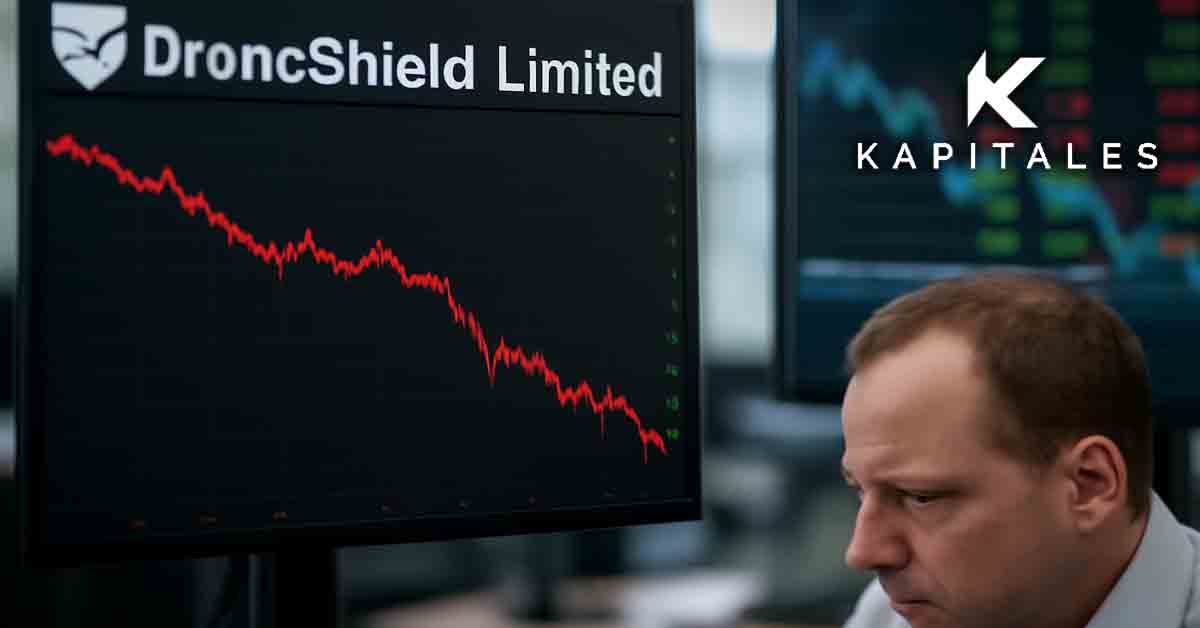
Oct 14, 2025

Oct 14, 2025
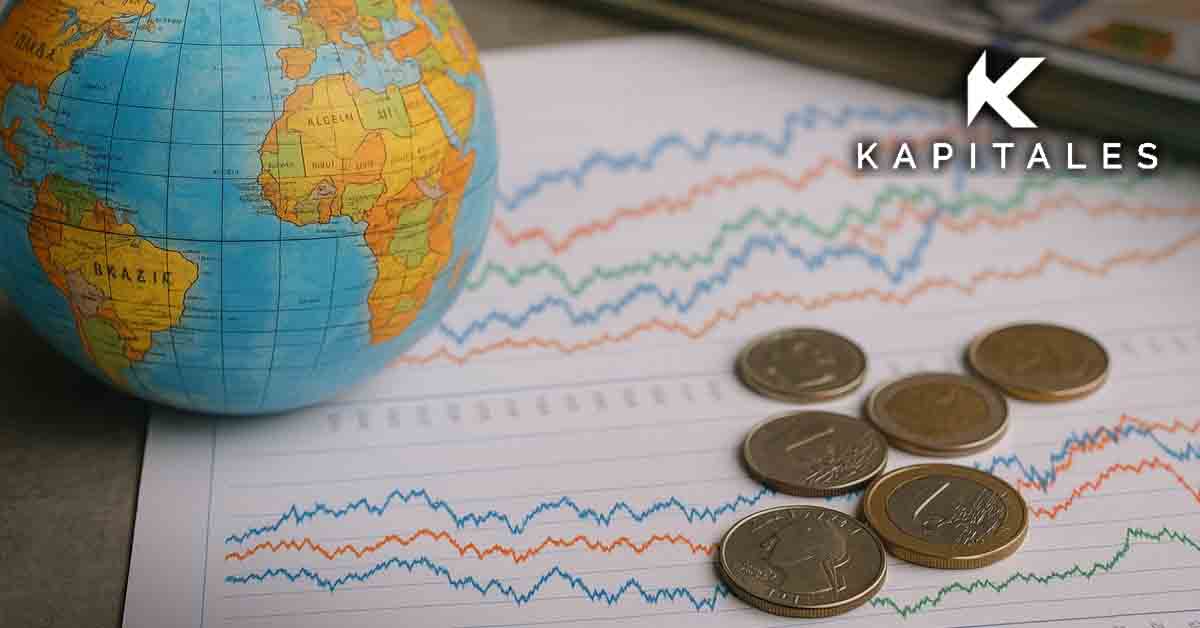
Oct 14, 2025
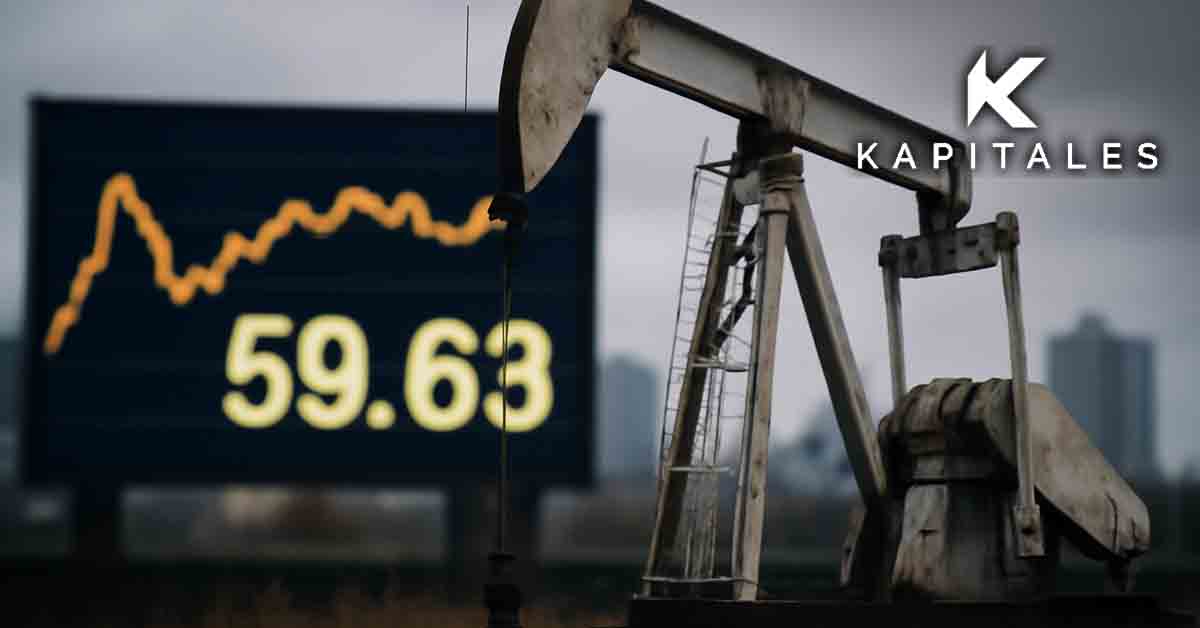
Oct 14, 2025
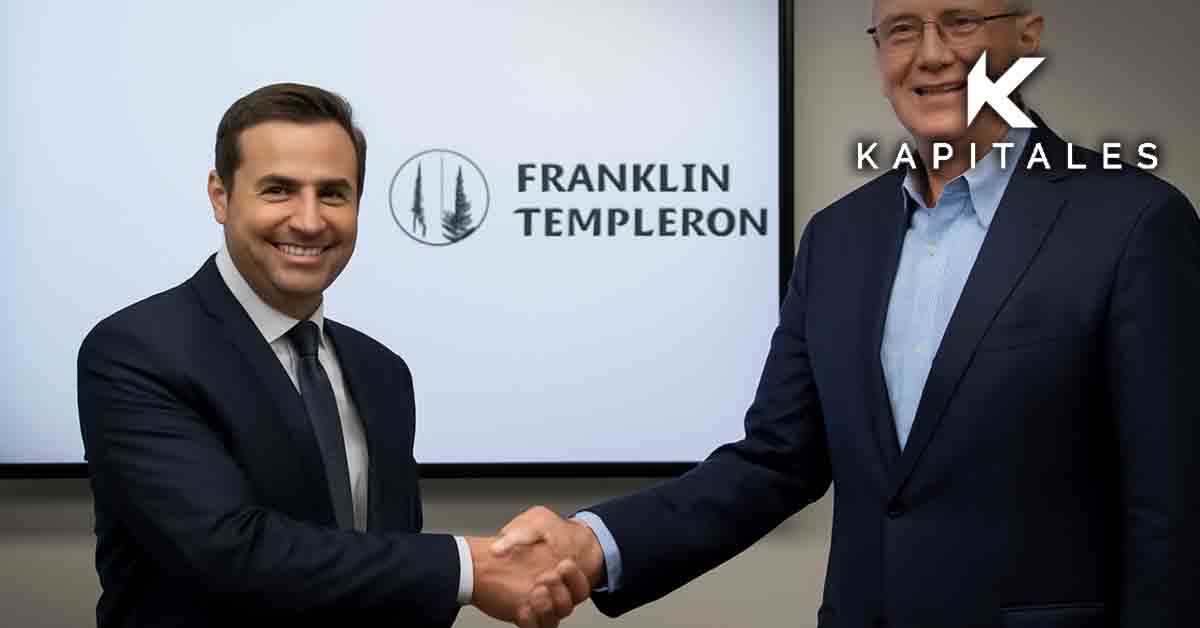
Oct 14, 2025

Oct 14, 2025
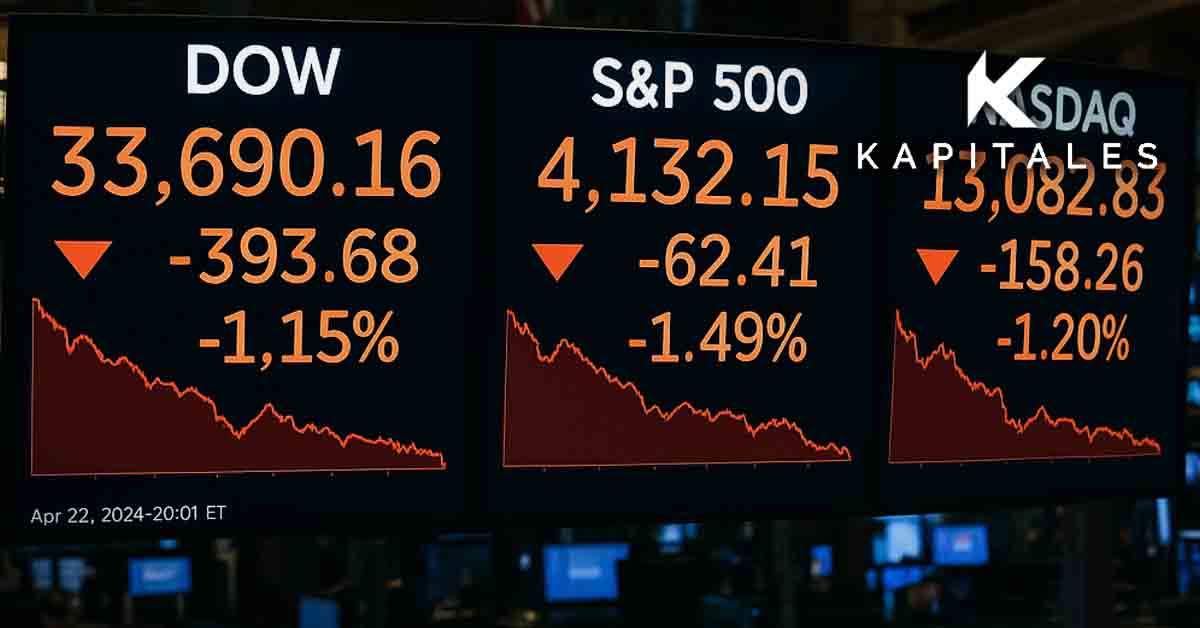
Oct 13, 2025

Oct 12, 2025
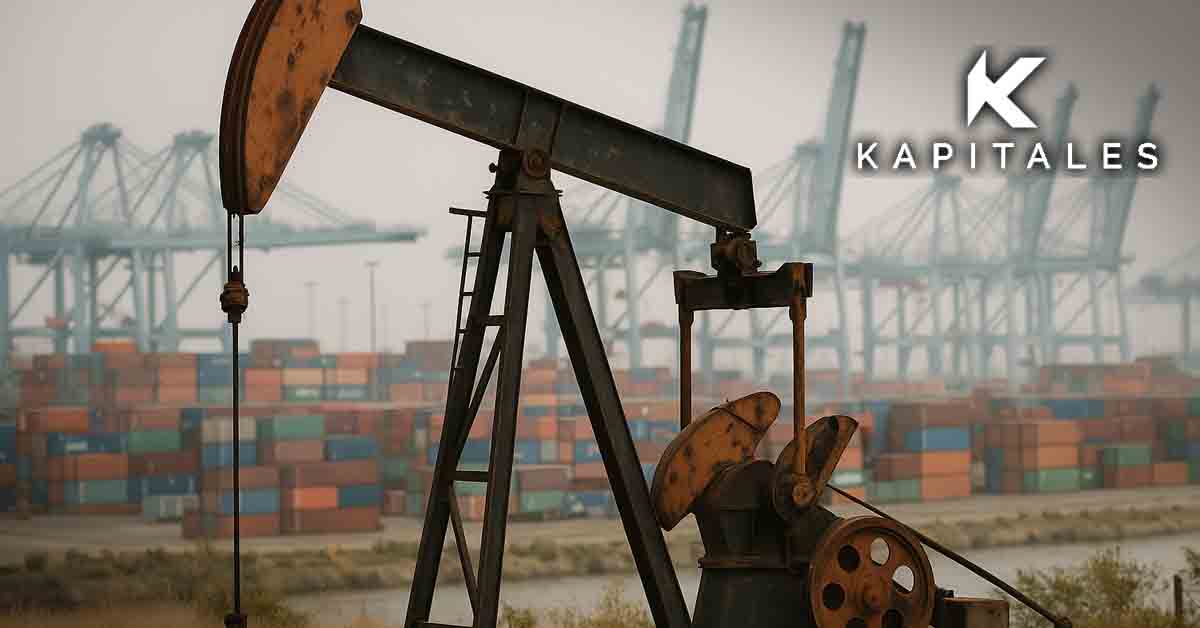
Oct 10, 2025

Oct 10, 2025
Nextgen Global Services Pty Ltd trading as Kapitales Research (ABN 89 652 632 561) is a Corporate Authorised Representative (CAR No. 1293674) of Enva Australia Pty Ltd (AFSL 424494). The information contained in this website is general information only. Any advice is general advice only. No consideration has been given or will be given to the individual investment objectives, financial situation or needs of any particular person. The decision to invest or trade and the method selected is a personal decision and involves an inherent level of risk, and you must undertake your own investigations and obtain your own advice regarding the suitability of this product for your circumstances. Please be aware that all trading activity is subject to both profit & loss and may not be suitable for you. The past performance of this product is not and should not be taken as an indication of future performance.